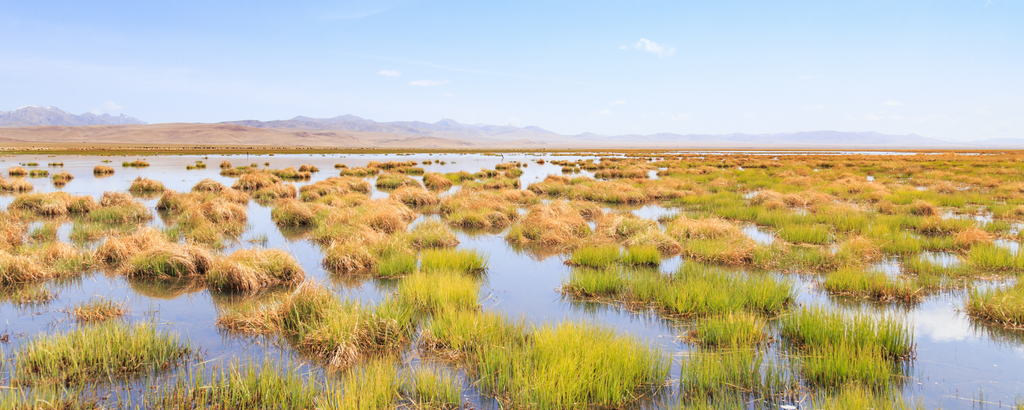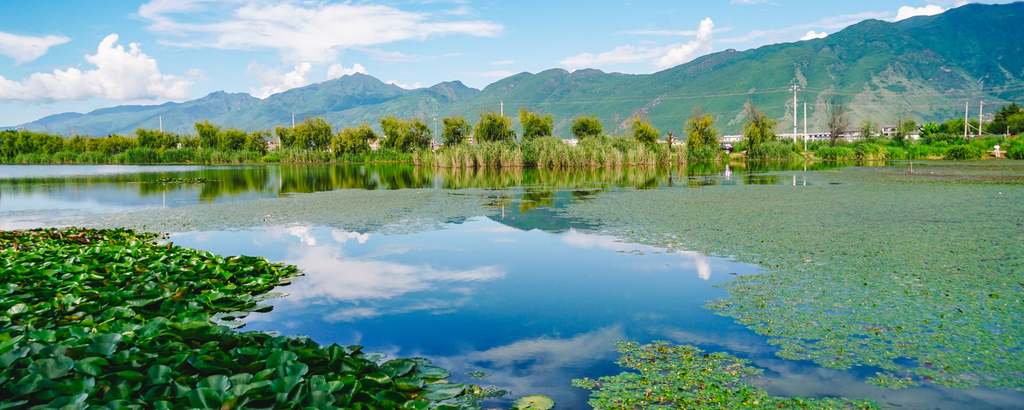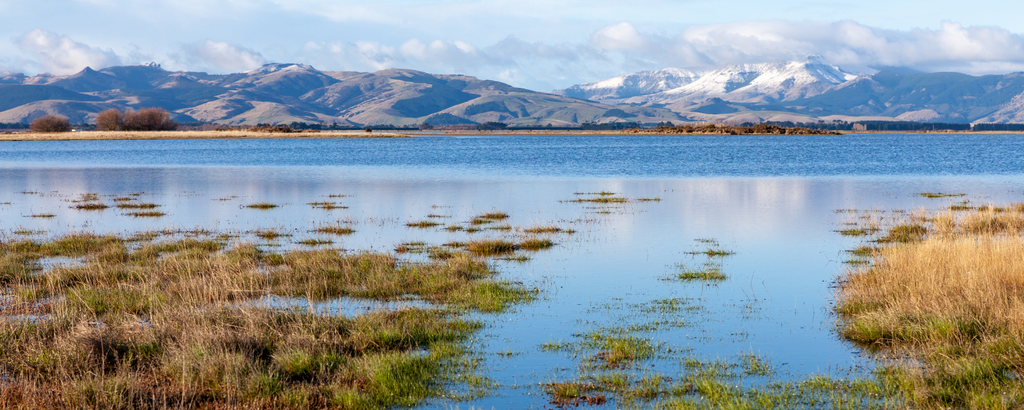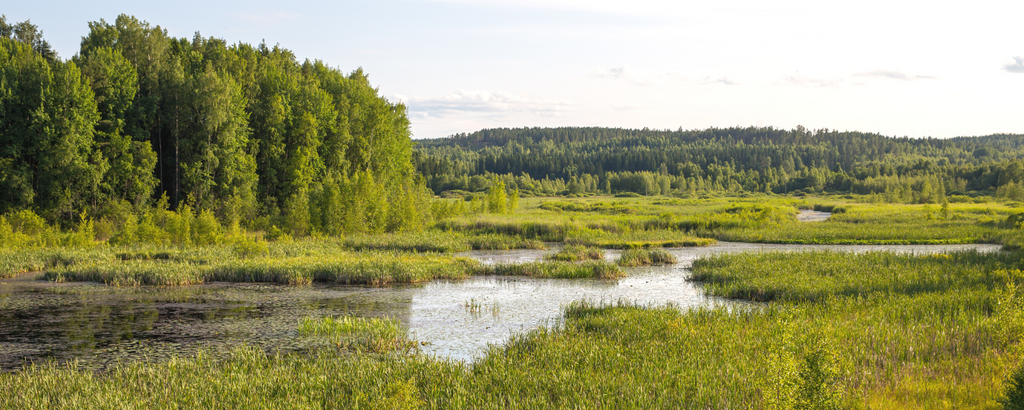Interesting facts you should know about wetlands!

World Wetland Day 2023 - Prioritizing wetland restoration

Each year 2nd February is marked as World Wetland Day to emphasize on the vital role that wetlands play in our environment. The theme for this year is the urgent need to prioritize wetland restoration.
Wetlands are ecosystems where water is the primary factor controlling the environment and associated plant and animal life (United Nations, n.d.). It includes freshwater, lakes, rivers, swamps, marshes, mangroves, coral reefs, ponds, reservoirs and many such water bodies. Wetlands cover only 6% of the earth’s surface area, however it is home to 40 per cent of the world’s plant and animal species (United Nations, n.d.).
Why are wetlands important?

Wetlands are a habitat to a number of plant and animal species, they enhance water quality, control erosion and protect against floods. More than a billion people rely on wetlands for their livelihoods – that’s one in eight people on earth.
Wetlands purify drinking water by filtering out pollutants. Mangroves protect coastal areas against floods, and floodplains can soak up floodwaters when rivers burst their banks. Peatlands – which include bogs, marshes and swamps – store almost a third of land-based carbon. (Tutton, 2020)
Wetland biodiversity is vital for our health, food chain, tourism and livelihoods. They are not only vital to humans but also other ecosystems, they combat climate change and are homes to more than a million species across the globe.
Wetlands are in danger!

Wetland loss in New Zealand has been more significant than in most parts of the world, and ecosystems in fertile lowlands have been most severely impacted by agricultural development (S.C.Myers, 2013).
Over 90% of New Zealand Wetlands have been drained or filled over the last 150 years. Although wetland loss and degradation still occur in many regions, national and regional rates of loss are not reported.
On a global level, 35% of the world’s wetlands have disappeared in the last 50 years (United Nations, n.d.). Human activities that lead to loss of wetlands include drainage and infilling for agriculture and construction, pollution, overfishing and overexploitation of resources, invasive species and climate change. Farmers around the world drain wetlands so they can grow crops there, while pollution and invasive species can devastate native wildlife.
The Department of Conservation mentions how human activity provides most threat to the remaining wetlands in New Zealand. Some of these threats include sand and gravel extraction, reclamation of lake and river margins, pollution by run-off of sediments and nutrients from farmlands, stock grazing in wetlands, forest harvesting close to wetlands, wetland drainage for urban and rural development and also careless recreation practices, including misuse of jet-skiing, hunting, kayaking, power boating and whitebaiting.
Wetland Restoration

Wetlands are one of the most depleted ecosystems, not only in New Zealand but across the world. Individuals and organisations have come together to work on restoring and recreating these wetlands.
Here’s a comprehensive handbook on wetland restoration by Landcare Research for New Zealand freshwater systems.
We as individuals can contribute to restoring these ecosystems by learning about wetland restoration and educating our young ones. There may be local wetland planting guides available from your regional council or DoC office.
References
Clarkson, B. (n.d.). Wetland Restoration. A handbook for New Zealand freshwater systems. Retrieved from Landcare Research: https://www.landcareresearch.co.nz/publications/wetland-restoration/
DoC. (n.d.). Wetlands. Retrieved from Department of Conservation: https://www.doc.govt.nz/nature/habitats/wetlands/
S.C.Myers, B. C. (2013). Wetland management in New Zealand: Are current approaches and policies sustaining wetland ecosystems in agricultural landscapes? In Ecological Engineering, Volume 56 (pp. 107-120).
Tutton, M. (2020, March 6). Call to Earth. Retrieved from CNN: https://edition.cnn.com/2020/01/31/world/wetland-protection-c2e-intl/index.html
United Nations. (n.d.). Retrieved from United Nations: https://www.un.org/en/observances/world-wetlands-day
WetlandTrust. (n.d.). Restore Wetlands. Retrieved from National Wetland Trust of New Zealand: https://www.wetlandtrust.org.nz/restore-wetlands/
